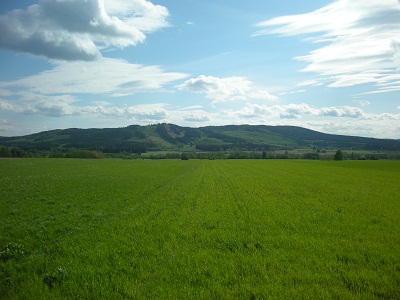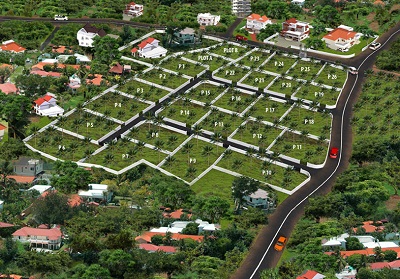Private Developers Urge Good Land Use Planning
 Land use planning, in the latest version of the National Land Use Bill and Management Act, calls for more multisectoral representation and input, including technical experts and experienced planners and operators.
Land use planning, in the latest version of the National Land Use Bill and Management Act, calls for more multisectoral representation and input, including technical experts and experienced planners and operators.
With the country reeling from natural disasters, endless traffic bottlenecks, increased squatting and floods, the expertise of urban planners, developers, experienced planning engineers and logistics specialists in land use and physical planning are vital to environmental sustainability and national productivity.
National Land Use should also balance the use and considerations of land for residential, commercial, tourism, logistics, education, parks and other community needs and visions, and not be defined necessarily by just a single use or sector consistently as the highest priority.
The Subdivision and Housing Association (SHDA), the country’s largest association of private developers, proposes the above good land-use planning which requires increasing private sector and multi-industry/stakeholder involvement in the government and interagency committees, meetings, evaluation processes and land use bodies outlined in some of the bill’s current versions.
There are two pending versions of the National Land Use Bill, namely House Bills No. 108 and 3122, wherein both seek to manage and develop the country’s land and water resources. Both also look at maintaining and preserving environmental stability, sustainable use of natural resources, disaster risk reduction and climate risk-based planning, among a number of goals.
The bills will create a number of planning bodies to achieve these goals, including the National Land Use Policy Council or Commission, deemed the highest policy-making body for land use.
This body at the national level will be composed of several cabinet members and agency heads, and eight sectoral representatives from the urban poor, peasants, fisherfolk and indigenous peoples, as part of the basic sectors directly involved in land use but no representation from business.

“The bill gives too few, and even no representation in certain instances, from much-needed business and technical and other sectors that should be able to share their inputs,” said Paul Tanchi, SHDA president. “To ensure a more practical, efficient and balanced land-use planning, all significant stakeholders including the developers, private professional planning and business sectors and others must be represented.”
SHDA has recommended involving technical and multi-industry representatives from tourism, retail, education, services, local business and even parks planners.
“The active participation of people’s organizations and other stakeholders who can contribute their expertise, experience and technical, social and commercial knowhow will help create sound land-use policies that will be beneficial to all,” Tanchi added.
SHDA said it fully supports the passage of the bill, its environmental planning, its consideration of agriculture and social-concern through representatives, but has proposed a few enhancements.
“Aside from increasing private sector involvement in land-use planning, we recommend that on top of the visionary time frame of 30 years we need a time frame of 10 years for implementation work plans for the National Physical Framework Plan, with five-year reviews for adjustments where warranted, and the inclusion of the Anti-Red Tape Law in getting clearances for land development. Penalties should deter abuses and negligences but not be disproportionate or counter sound practical policy,” said George Siy, SHDA board governor for legislative concerns.
(excerpts taken from: http://business.inquirer.net/153487/private-developers-urge-good-land-use-planning)
